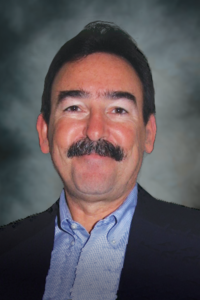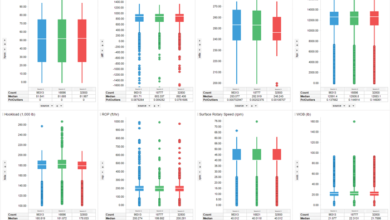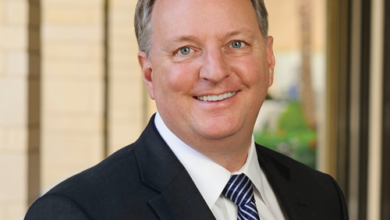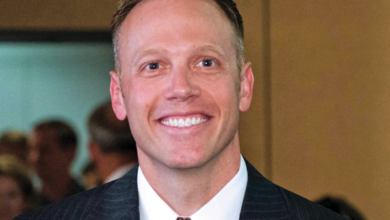By Mike Garvin, IADC Division VP North America Onshore

There’s a saying in Washington, “If you don’t have a seat at the table, you’re on the menu.”
In early 2015, IADC’s leadership decided that having strong and effective advocacy for the drilling industry in Washington, DC, was an important mission for our member companies. We decided that we wanted a seat at the table and for our message to be heard by our legislators and regulators.
Liz Craddock joined IADC as Vice President, Policy and Government Affairs in April 2015 and immediately went to work on making IADC a well-known brand in Washington. Among the many things that Liz has done since joining IADC is arranging member fly-in trips. In 2016, she arranged two such trips, one for onshore member representatives and another for offshore member representatives.
These fly-in trips are very common in Washington. Most major advocacy and lobby groups conduct them to provide their members an opportunity to get in front of legislators and their staff. Our second onshore fly-in was conducted this year from 27 February to 2 March. I had the opportunity to attend, along with Joey Husband, Nabors Drilling Solutions; Scott McKee, Cactus Drilling; Mike Bowie, GE Oil & Gas; and Jason McFarland, Bob Warren, Liz Craddock and Melissa Mejias from IADC.
One of the key takeaways during our first fly-in last year was that we do have many friends in Washington. We also learned that there is a clear lack of understanding and knowledge of our business amongst those that oppose us. With that in mind, our mission this year was to schedule meetings with legislative offices that are not known to be friendly to our industry. The intent is to help them better understand how we safely and responsibly provide for the energy needs of this nation.
Highlights of this year’s fly-in included individual meetings with Sen. Ted Cruz and Congressmen Will Hurd and Henry Cuellar of Texas. We also had productive conversations with Congressmen Glenn Thompson of Pennsylvania, Steve Stivers of Ohio, Francis Rooney of Florida and Mike Johnson of Louisiana.
In addition, we were able to meet with staff members from the offices of several senators, including Al Franken of Minnesota, Martin Heinrich of New Mexico, Heidi Heitkamp of North Dakota, Thomas Carper of Delaware and Gary Peters of Michigan. Meetings also were held with staff members of Congresswomen Debbie Dingell of Michigan and Liz Cheney of Wyoming and Congressmen Matt Cartwright of Pennsylvania, Brett Guthrie of Kentucky and David McKinley of West Virginia.
Further, a lunch-and-learn presentation was conducted in the Senate office building. The presentation focused on explaining how we safely and responsibly drill for hydrocarbons with an eye toward being good stewards of the environment. It included information on the importance of our industry to the security and well-being of the US. The feedback from those who attended was excellent.
Prior to departing Washington, we had a productive discussion with OSHA representatives regarding API Standard 54 and the OSHA Enforcement Directive that was issued on 2 December 2016. There is real value in continuing these discussions and building a relationship of trust.
As we know, the US government was founded as a Representative Republic, but I don’t think the founding fathers could have ever envisioned the amount of representation that goes on in Washington, DC, today. The federal government is made up of elected officials who are chosen to represent the interests of their constituents. However, Washington is also made up of so many more people, including those who represent the interests of individuals, groups, companies and industries. These representatives are the ones who have access to, and influence with, elected legislators and appointed regulators.
When it comes time for these legislators to draft law, or the regulators to create regulation, they very often rely on people they trust to provide them with information regarding the subject in question. Unfortunately, more often than not, this trust does not cross party lines. Because there are not many groups today that are truly non-partisan, particularly when it comes to the energy business, legislators very often only have access to one side of an argument. This is why it is imperative that our representation in Washington be able to talk to both sides of the aisle with ease.
Our opportunity as an organization is to continue fostering relationships with legislators and regulators on both sides of the aisle and to continue to build on our reputation as a high-integrity, non-partisan group with an expertise in drilling for hydrocarbons. If we do this well, we have a real opportunity to have a seat at the table and provide common sense influence toward future legislation and regulation in the United States. DC




